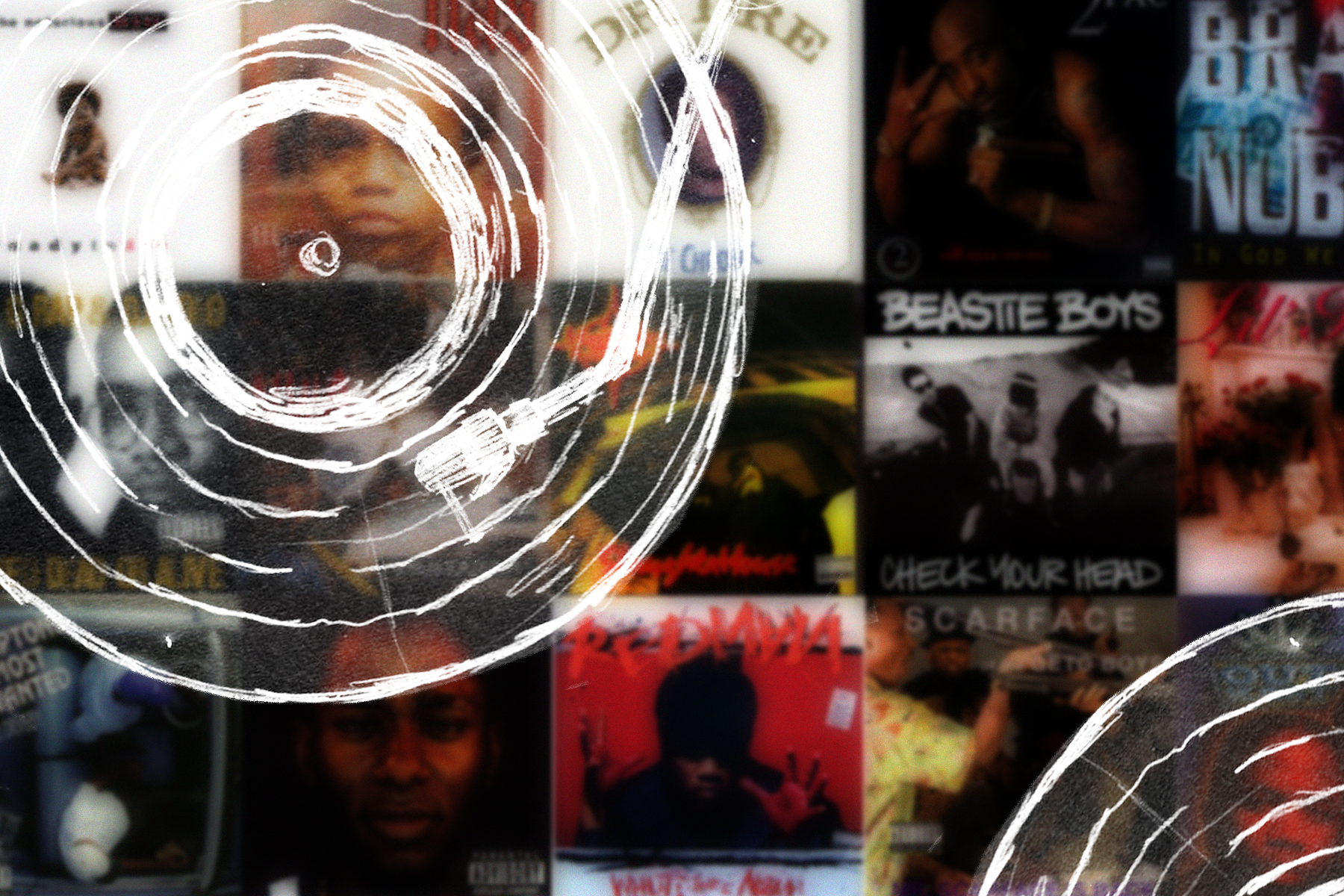Some millennials have debated over their preference between ‘90s rap music and modern rap. However, many fans of the genre argue that rap from the ‘90s is better because its artists used their own experiences to shape their lyrics and weren’t afraid of controversy. These artists sing about serious topics such as social injustice and gender equality while supporting the freedom of speech through their uncensored lyrics.
‘90s rap — also known as “gangster rap” — was a controversial music genre due to the authorities and parents who believed it taught youths to become violent and murder policemen, since the lyrics often referenced drugs, guns, sex and hating the police. In the ‘90s, politicians like Hillary Clinton and Joe Lieberman opposed rap music because it lacked censorship, which caused the genre to be deemed public enemy number one in the United States. This led the Federal Bureau of Investigation (FBI) to follow famous rap stars such as the Notorious B.I.G. and Tupac Shakur, as they assumed that these artists planned to spread violence among youths.
Numerous rap artists were faced with lawsuits because their music was believed to inspire violence against police. For example, Shakur was sued when his tape was found in a car belonging to a man who killed an officer. The case was later overturned after it was ruled that Shakur’s music did not cause the man to kill the cop.
Unfortunately, many authorities who opposed the rap genre misunderstood the messages behind its lyrics. Rap artists often sung about police corruption against African Americans. This problem was rarely dealt with during the ‘90s, and the issue of corrupt policing persists today. A ‘90s rap group called N.W.A (N***** With Attitude) wrote a song called “F*** the Police,” which was thought to lead fans to hate cops. In actuality, the song spread the message of how hard it was for African Americans to walk freely around their neighborhoods without being harassed, arrested or beaten by police officers because of racial discrimination.
Part of the lyrics state: “F*** the police comin’ straight from the underground/A young n*** got it bad ’cause I’m brown/And not the other color, so police think/They have the authority to kill a minority.” These lyrics exposed the intrinsic racism within the police system: it regarded African Americans as threats instead of people. Later verses in the song even describe how police would beat and jail an African American child despite his young age.
Moreover, parents and other politicians thought rap lyrics were misogynistic due to some songs that stated women were easy to have sex with. However, a few other ’90s rap songs illustrate the importance of treating women with respect. Shakur, for instance, wrote the song “Dear Mama,” which was dedicated to his single mother to thank her for raising him and his sister, as well as “Keep Ya Head Up,” which includes the lines:
“And since we all came from a woman/Got our name from a woman and our game from a woman/ (Yeah, yeah)/I wonder why we take from our women/Why we rape our women, do we hate our women?/(Why? Why? Why? Why? Why? Why?)/I think it’s time to kill for our women/Time to heal our women, be real to our women/And if we don’t, we’ll have a race of babies/That will hate the ladies that make the babies.”
The lyrics of many other ‘90s rap songs highlighted police brutality against African Americans, and as a result many rappers felt public pressure to censor their music. However, many gutsy artists rebelled against the police by using their freedom of speech to sing their songs.
The 2015 movie “Straight Outta Compton” depicts one example of this censorship. In one scene, N.W.A. are told by police to not sing “F*** the Police” during a concert in Detroit, Michigan. The group stands their ground as one of its members, Ice Cube, announces to the concert audience, “You’ll know what the mother****** police tried to tell us backstage? They tried to tell us what the f*** we can’t play. Mother***** tried to tell us what the f*** we can’t say! This is N.W.A. We do what the f*** we want to do; we say what the f*** we want to say!”
In the middle of performing this song, the group and their producer are arrested by the police. After the concertgoers witnessed this unjust action, they began chanting, “F*** the police,” and started rioting in the streets. The police tried to use their power to silence the rap group, which directly contradicted their right to sing as established by the first and 14th amendments of the United States Constitution. Therefore, the police’s decision to arrest N.W.A. as punishment for not obeying them was a violation of their rights.
Unlike many popular songs of the last decade, ‘90s rap tells the truth of growing up in the projects, reveals the harsh reality of racial discrimination and gives its audience what they need to hear. It imbues its audience with power, cementing its enduring popularity.
















